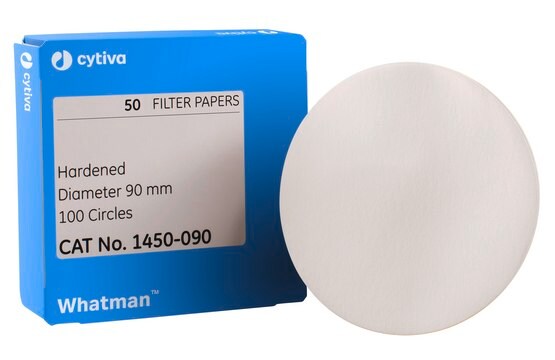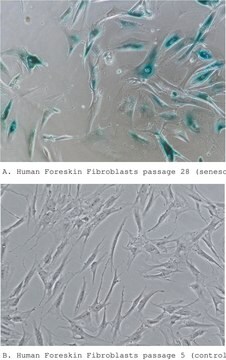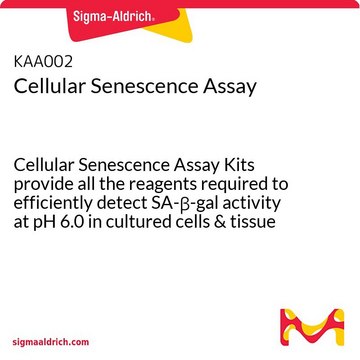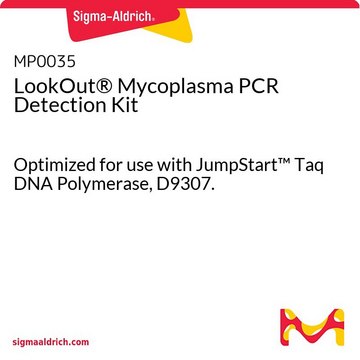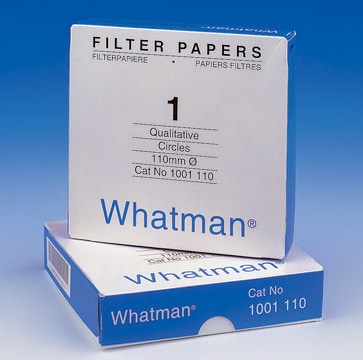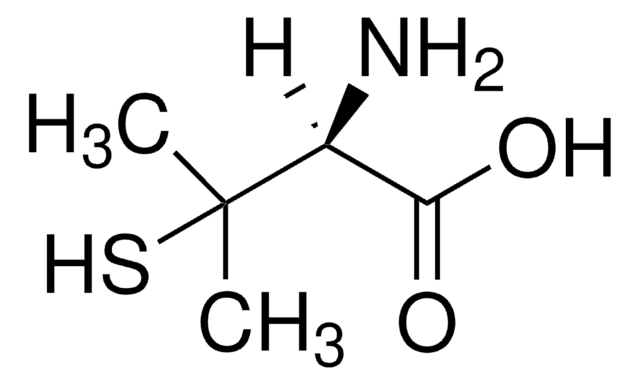10799050001
Roche
BM-Cyclin
lyophilized, active toward mycoplasma
Synonym(s):
antibiotic, minocycline, tiamulin
Sign Into View Organizational & Contract Pricing
All Photos(1)
About This Item
UNSPSC Code:
12352207
Recommended Products
form
lyophilized
Quality Level
packaging
pkg of 37.5 mg (for 2 x 2.5 l medium)
manufacturer/tradename
Roche
antibiotic activity spectrum
mycoplasma
Mode of action
protein synthesis | interferes
storage temp.
2-8°C
General description
BM-Cyclin is a combination of two antibiotics, namely tiamulin and minocycline, both of which prevent protein synthesis.
Specificity
Sensitive Organisms: Mycoplasmas and bacteria
Note: These mycoplasma strains account for more than 85% of the contaminations in animal cell cultures.
- BM Cyclin was found to effectively eliminate Acholesplasma laidlawii,
- Mycoplasma arginini,
- Mycoplasma hyorhinis, and
- Mycoplasma orale
Note: These mycoplasma strains account for more than 85% of the contaminations in animal cell cultures.
Application
BM-Cyclin is used for the elimination of mycoplasma from infected cell cultures without obvious marked cytotoxic side effects.
Packaging
Set of two different antibiotics
Physical form
Vial 1 (Tiamulin-hydrogenfumarat): clear, colorless solution after reconstitution
Vial 2 (Minocyclinhydrochloride): clear, yellow solution after reconstitution
Vial 2 (Minocyclinhydrochloride): clear, yellow solution after reconstitution
Preparation Note
Working concentration: 10μg/ml pleuromutilin derivative (BM-cyclin 1), 5μg/ml tetracycline derivative (BM-cyclin 2).
Note: These concentrations do not affect the growth of most cells. Lower concentrations may be used for sensitive cell lines.
For hybridomas decrease concentration of BM-Cyclin by 50%.
Preparation of DAPI Working Solution
Dilute the stock solution with methanol to a final concentration of 1μg/ml.
Working solution: Preparation of Stock Solution
Dissolve content of BM Cyclin 1 and BM Cyclin 2 in 10ml sterile PBS or water.
Note: These are 250x concentrated stock solutions and can be stored at -15 to -25°C for at least 6 months.Preparation of DAPI Stock Solution
Dissolve DAPI in water to a final concentration of 1 to 5mg/ml.
Note: Do not use any buffers.
This stock solution can be stored at -15 to -25°C. It is recommended to prepare appropriate aliquots.
Storage conditions (working solution): -15 to -25°C
Reconstituted stable at -15 to -25°C for at least 6 months.
Note: These concentrations do not affect the growth of most cells. Lower concentrations may be used for sensitive cell lines.
For hybridomas decrease concentration of BM-Cyclin by 50%.
Preparation of DAPI Working Solution
Dilute the stock solution with methanol to a final concentration of 1μg/ml.
Working solution: Preparation of Stock Solution
Dissolve content of BM Cyclin 1 and BM Cyclin 2 in 10ml sterile PBS or water.
Note: These are 250x concentrated stock solutions and can be stored at -15 to -25°C for at least 6 months.Preparation of DAPI Stock Solution
Dissolve DAPI in water to a final concentration of 1 to 5mg/ml.
Note: Do not use any buffers.
This stock solution can be stored at -15 to -25°C. It is recommended to prepare appropriate aliquots.
Storage conditions (working solution): -15 to -25°C
Reconstituted stable at -15 to -25°C for at least 6 months.
Other Notes
For life science research only. Not for use in diagnostic procedures.
Kit Components Only
Product No.
Description
- BM-Cyclin 1: pleuromutilin derivative
- BM-Cyclin 2: tetracycline derivative
Signal Word
Warning
Hazard Statements
Precautionary Statements
Hazard Classifications
Acute Tox. 4 Oral - Eye Irrit. 2 - Skin Irrit. 2 - STOT SE 3
Target Organs
Respiratory system
Storage Class Code
11 - Combustible Solids
WGK
nwg
Flash Point(F)
Not applicable
Flash Point(C)
Not applicable
Choose from one of the most recent versions:
Already Own This Product?
Find documentation for the products that you have recently purchased in the Document Library.
Customers Also Viewed
Hsuan Jung et al.
Chang Gung medical journal, 26(4), 250-258 (2003-07-09)
Mycoplasmas, the smallest and simplest prokaryotes that reside in endosomes of mammalian cells, are widespread contaminants found in cell cultures. About 30% of all cell cultures, varying from 15 to 80%, are reportedly contaminated with mycoplasmas. Here, we present our
Our team of scientists has experience in all areas of research including Life Science, Material Science, Chemical Synthesis, Chromatography, Analytical and many others.
Contact Technical Service
